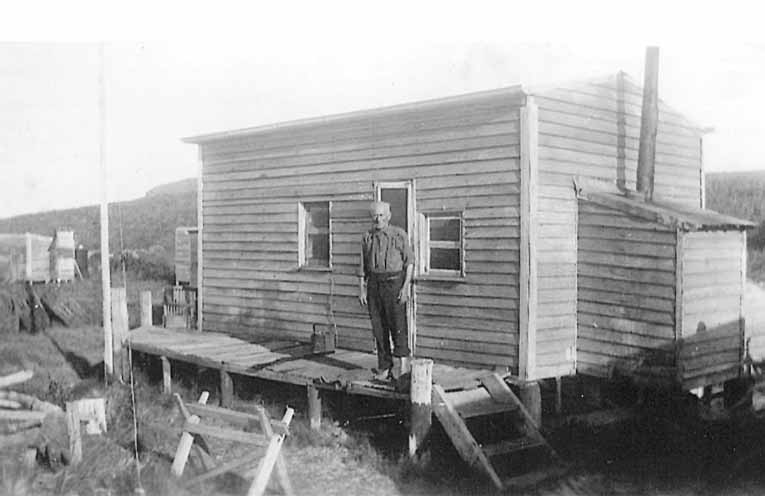IT was early in the 1900s when two Greek merchant mariners were paid off on the docks in Melbourne and headed north searching for somewhere to start a new life, hopefully somewhere that reminded them of their homeland.
Nick Catsicas and Spiro Spathos agreed that Nelson Bay and Broughton Island in particular was that special place.
“This is the closest to the Greek Islands,” Nick Catsicas said.
Using their skills and knowledge of the sea they turned to fishing and lobstering to make a living and established, with other predominantly Greek fishermen, a small settlement behind the sand dunes on North Beach.
The site, which they referred to as “Little Salonika”, being a reference to a region on the Aegean Sea in their homeland, was well chosen as it gave protection from all winds and was adjacent to safe mooring for their boats.
The calm waters off North Beach provided excellent conditions for the fishermen to establish large floating cages essential to keep their catches of lobsters alive until they could be shipped to market.
Catsicas, who was highly respected and an unofficial leader of the Greek community, worked with Nelson Bay locals – deck hand Jacko Davis and offsider Bert Presbury – and later sold his first boat “Mahoulas” to his mate Spiro before purchasing a 40 footer built in 1924 by Holmes in Sydney which he named “Lord Byron” after his love of poetry.
Other Greek fishermen were attracted to Broughton Island and the little community continued to grow with the arrival of Dimitrios Karageorgis, Nicholas Dennis, Hovis Kotrakis, Jack Orpanoas then Nick Vapos, Charlie Stavros, Johnny Pandaleon and, oddly enough, a Danish master seaman named Jens “Jack” Jensen.
In 1920 the North Harbour settlement was burnt to the ground under suspicious circumstances however a police investigation failed to find a culprit.
Undeterred the Greeks rebuilt more permanent and comfortable shacks and continued to work the rich waters that surrounded the island
Fires were a regular occurrence on Broughton, all purposefully lit by the fishermen to “clear the tracks and give the island a regrowth.”
If the fires were lit when the wind blew in a certain direction the desired effect was achieved without threatening either of the settlements.
However there are suggestions the wrong winds may have been used to light fires as a deterrent to the Greeks.
The 1920 fire that burnt out the Greeks was not to be their last experience.
In 1939 it happened again.
By John ‘Stinker’ CLARKE



